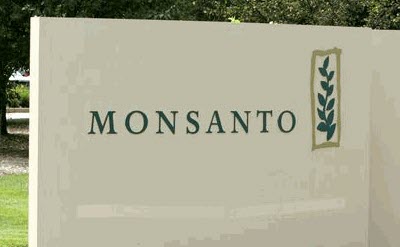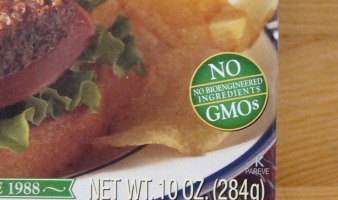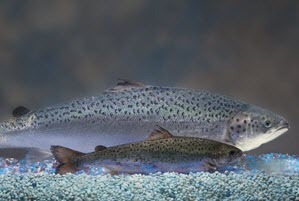Monsanto’s genetically modified soybeans to be used for cooking oil containing lower levels of saturated fats and higher levels monounsaturated fats were approved last year by U.S. regulators. Yet, while Monsanto prepares for product launch, important safety questions remain unanswered.
|
|
|||
|
The FDA took long-overdue steps towards curbing the overuse of antibiotics in farm animals aimed to preserve effectiveness of antibiotics. Unfortunately, the measures remain voluntary and industry compliance remains to be seen. Internal investigators found significant weaknesses in FDA’s monitoring of State agencies’ food inspections. The finding raises further questions about FDA’s effectiveness in ensuring the safety of the nation’s food supply. If approved by the FDA, a new bill introduced in California, known as The Consumers Right To Know Act, would require labeling on all genetically engineered salmon sold in California. New FDA data shows that almost 80% of all antibiotics sold in 2009 were reserved for animal farming. Part two of our series on antibiotic overuse in healthy farm animals examines the response from the FDA and the proposed legislation. With Non GMO Month around the corner, let’s return to the basics: why avoid GMOs? Among concerns, human and animal health, environmental impact, morals and ethics, socioeconomic issues, and food labeling. The Food and Drug Administration has preliminarily determined that a genetically modified salmon developed by AquaBounty Technologies is safe for human consumption but many questions about the safety of GE salmon persist. The United States government consistently promotes its regulatory framework for genetically engineered organisms as comprehensive and strict. Is this a public relations maneuver, wishful thinking or the story of the emperor without clothes? The FDA’s regulatory approach thus focuses on the end product, rather than the process used to create genetically modified foods. In short, the FDA regards GM products as “generally regarded as safe,” (”GRAS”) and does not subject GM food products to food additive review. The Food and Drug Administration is the lead regulatory agency of food articles. It is in charge of ensuring the safety and effectiveness of food (other than meat), food additives, medical devices, drugs, veterinary drugs, cosmetics and genetically engineered food. Presently, it is questionable whether the genetically engineered foods are adequately controlled and/or regulated under U.S. law. There is no single federal statute or federal agency that governs the subject matter. Three federal agencies are primarily responsible for the regulation of genetically engineered foods - the Food and Drug Administration (FDA), the Environmental Protection Agency (EPA), and the U.S. Department of Agriculture (USDA). |
|||
|
 |
|||







